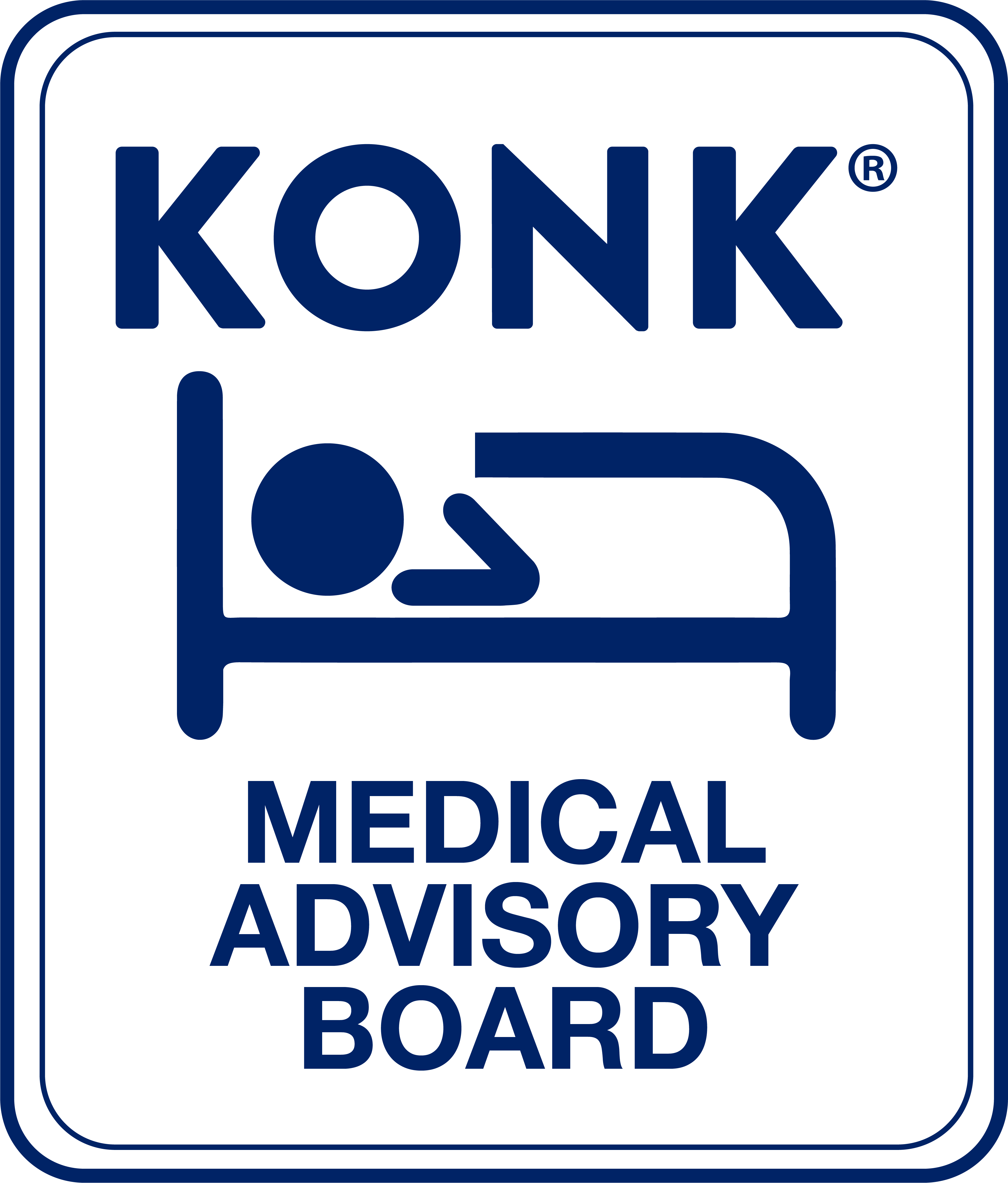Whether you are a specialist or a general practitioner, there is a good chance that the medical problems you treat are themselves useful screening criteria for seemingly unrelated disease conditions that require prompt attention. Perhaps no aspect of clinical medicine correlates with this axiom greater than sleep disorders: the health issues that non-sleep specialists treat are often strong positive indicators of Obstructive Sleep Apnea (OSA) – a condition whose long term impact and associated morbidity is often more serious than the complaint for which the patient arrives. As a result, if we keep our eyes open for conditions associated with sleep disorders, we all have the opportunity to help our patients not just once, but twice.
Consider the high rates of erectile dysfunction and kidney stones found in patients with OSA: A thoughtful urologist who has referral access to a user-friendly sleep service has the opportunity to relieve tremendous suffering in the patients with these diseases – but could also save the life of an undetected sleep apnea patient whose very presence in the urologist’s office may be a sign of the increased mortality risk from heart attacks, stroke and car accidents that arise from OSA. Though sleep apnea is not generally considered the purview of a urologist, there is no reason it could not be – especially if that urologist has the option of referring the patient to a web-based virtual platform that gets the patient treated in days, and almost immediately reduces the risk of potentially fatal disease.
The same goes for a psychiatrist who sees a male over 40 with new onset depression; a gynecologist who sees a fatigued woman in menopause; or a cardiologist who treats atrial fibrillation: They can each help the patients for the issues that bring them to the office, but they could help them again – and just as meaningfully – with a simple referral to an accessible consultation for sleep apnea, which is associated with each of these conditions.
With that in mind, what follows is a list of issues customized for a sports medicine practitioner, each of which should prompt the expedient evaluation of the patient for OSA.
Football players. Yes, that’s right – if you’re a sports medicine doc and you’re dealing with the aches and pains of a former football player, there is a good chance he has OSA. Amongst former professional football players – who had access to much better training and nutritional protocols than those who stopped after high school or college – more than half have OSA. That number is even higher if the patient was a former lineman. Sports medicine intakes should not include only the past sports the patient played, but which position – and consider an OSA evaluation for vague or non-responsive symptoms.
Prolonged recovery from concussion. We all know patients who suffered what appeared to be a relatively straightforward head injury who nevertheless encountered a prolonged struggle with headaches, brain fog, and dizziness. The tendency is to label this patient as having “Post-Concussion Syndrome”, which may be true – but consider OSA as an exacerbating factor.
Sudden drop in performance or training plateau. Recovery is not a break from training, it is a part of training – and sleep is generally considered the most important aspect of recovery. Professional athletes are coached and evaluated on their sleep all the time – and so should weekend warriors. Don’t chalk all of these plateaus up to “old age” – that patient over 40 who has fallen off his personal best might have OSA.
Slow recovery from orthopedic injuries. As with training plateaus, don’t chalk up a nagging injury to old age, or reflexively order an MRI. Ask about sleep – and if the patient reports seemingly healthy habits but still awakes in the morning unrefreshed, consider an evaluation for OSA.
All doctors, particularly specialists, should be cognizant of our tendency to see clinical presentations through the prism of our specialty training. Sleep is such an important pillar of health that all of us should consider its disturbance as a possible “upstream” cause of the medical problems we routinely and expertly handle.
If any of these clinical conditions are commonly present in your practice, it’s worth considering the possibility of Obstructive Sleep Apnea (OSA) as their cause. Untreated OSA can have serious health implications, but the good news is that effective treatments are available. Refer your patients to Konk Sleep to explore their options and take the first step toward better sleep and improved health, all without leaving their homes.

